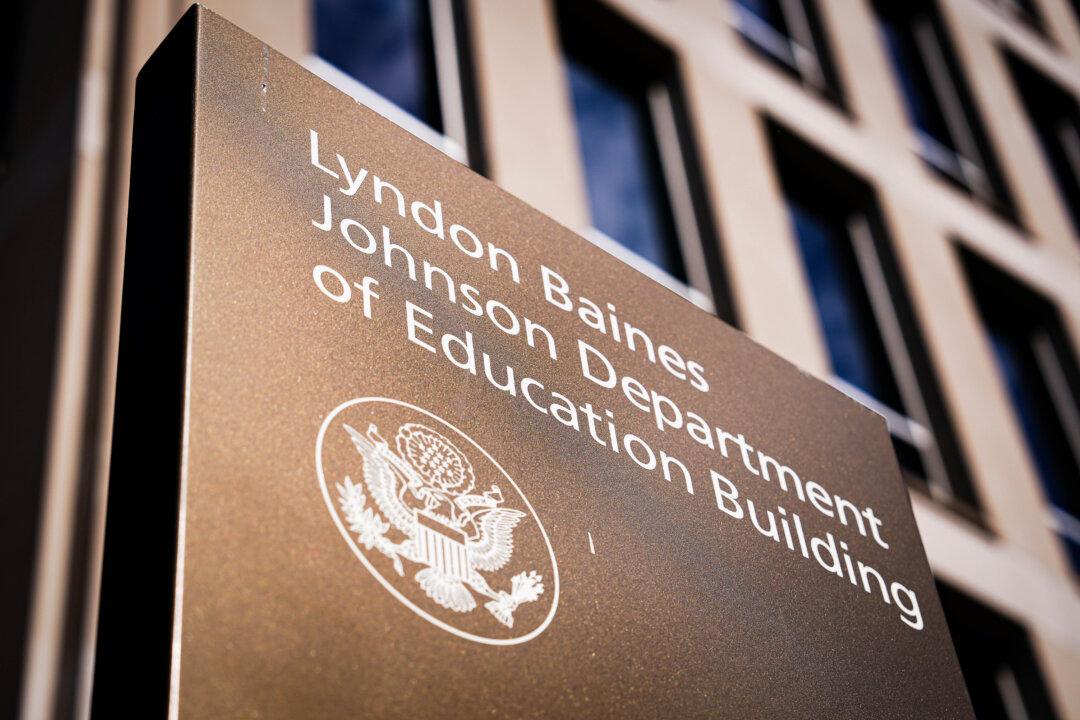Colleges and universities across the United States are pushing back their fall 2024 enrollment, application, and financial aid deadlines after the Biden administration said they won’t receive student financial aid information until mid-March.
Although the deadline varies from school to school, most American colleges use May 1, what’s known as College Decision Day, as the last day students can make acceptance decisions if they apply under regular decision or early action.





